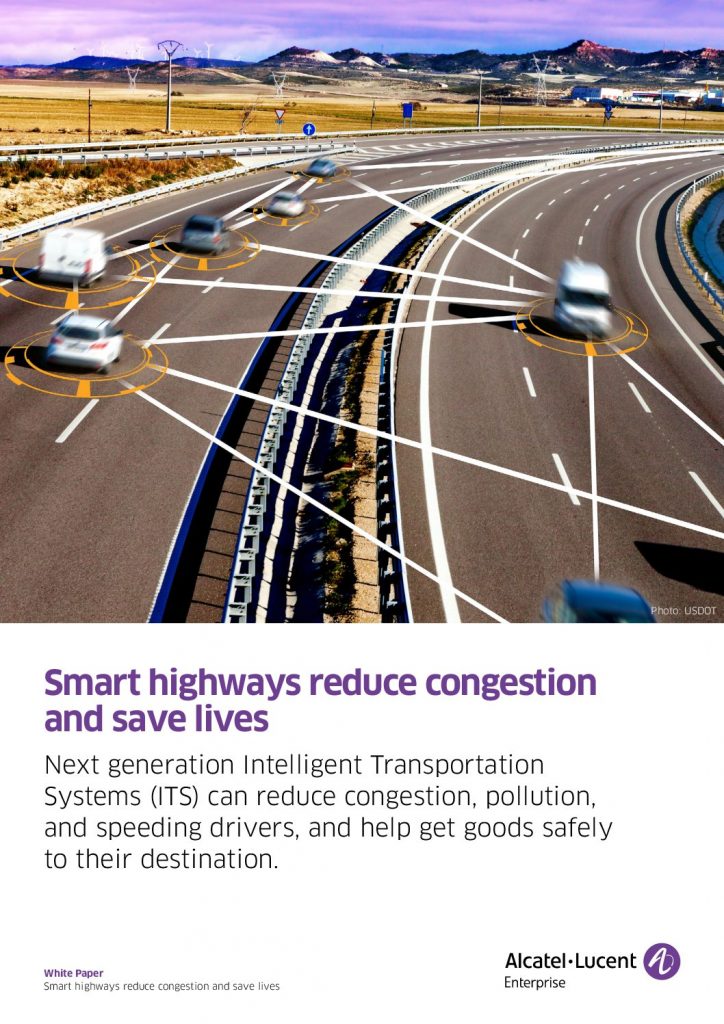Across the U.S., state transportation departments struggle with their mission to provide safe, economical and effective transportation in the face of increasing traffic. Over the past 30 years, public road use has increased approximately 95 percent, while the number of lane miles increased by only nine percent (Source: https://www.pcb.its.dot.gov/eprimer/module1.aspx#fn1). The resulting congestion and gridlock, especially in the country’s busy metropolitan areas and high traffic corridors, has a significant impact on the American economy and environment.
By 2030 traffic congestion will cost the U.S. $187 billion USD annually, according to a 2013 study conducted by The Center for Economics and Business Research and INRIX. The cumulative cost over the 17 year period (2013–2030) is projected to be $2.8 trillion – the same amount Americans collectively paid in U.S. taxes in 2014.
Traffic congestion also impacts the environment by increasing pollution as drivers slow down, speed up and idle. Emissions are much higher in these conditions than when vehicles move along at a steady speed. A Harvard Center for Risk Analysis study of 83 U.S. cities estimates that by 2030 emissions caused by traffic congestion could result in 1,900 premature deaths and $17 billion in social costs annually.



